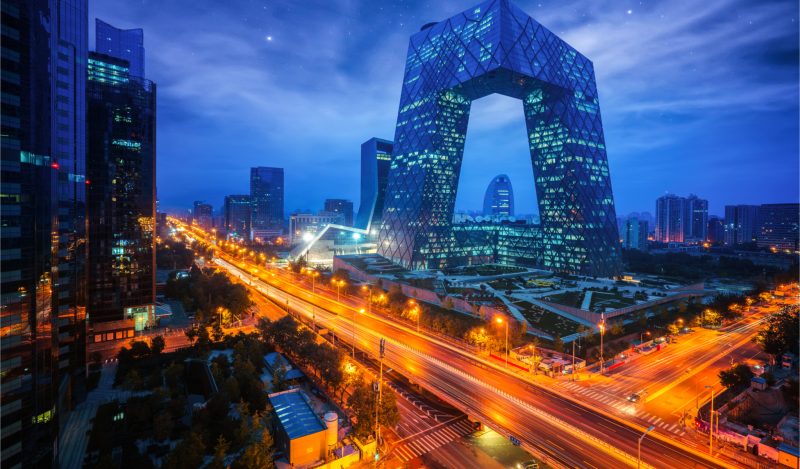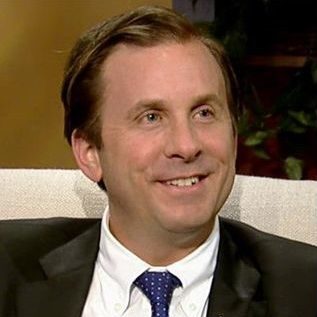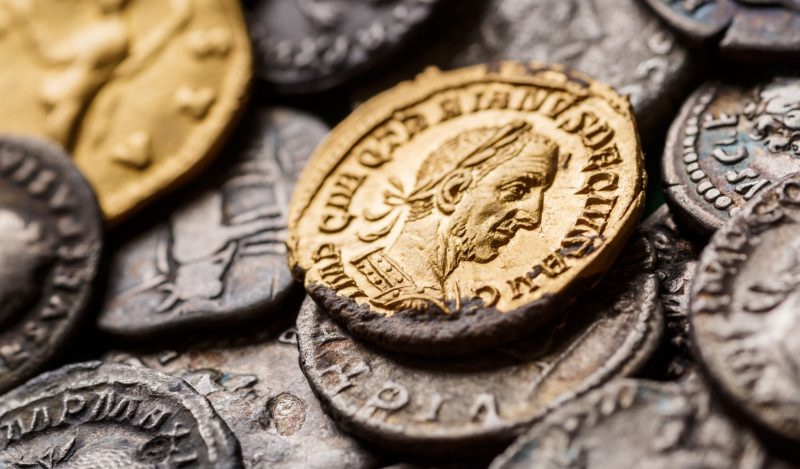Markets shine a bright light on what’s really happening in the world. Thankfully they do. It’s probably best to start there.
There’s a tendency in modern times to bemoan “misinformation” from rabid politicians, or from an internet that allegedly frees us to solely see what we want to see, but the reality is different. What’s not true will eventually be exposed as false, and what’s true will eventually be revealed as just that.
In a legal sense, publicly traded corporations have to be open and honest about material risks to their future profitability. Funny about this is that there’s really no need for a law. Quoting Matthew Rees quoting Ralph Waldo Emerson, “distrust is very expensive.” Applied to corporations, it’s expensive to not to tell the truth to shareholders. Very expensive. No laws necessary.
The cost of cover-up came to mind while reading a recent Wall Street Journal opinion piece by University of Chicago economists Casey Mulligan and Tomas Philipson. Opining about the coronavirus, they wrote that “Beijing covered up evidence of the virus’s early spread and allowed international flights from Wuhan during January and February 2020 while locking down domestic travel.”
The argument was simplistic, though in fairness to each, they weren’t the first to make it. Conservative New York Times columnist Bret Stephens has similarly claimed that China engaged in cover-up, thus hamstringing efforts to contain the spread. Many more believe same. Without defending the increasingly authoritarian ways of Beijing for even a second, the view about a corona-whitewash by Beijing is hard to countenance.
That is so because as any reader of the New York Times or Wall Street Journal knows very well, the most valuable companies in the world (meaning, U.S. companies) have enormous exposure to China. Apple sells a fifth of its iPhones there, it’s the second largest market for Nike, Starbucks can claim 4,100 (and counting) locations there, while McDonald’s has close to 4,000 stores in the country. Hopefully readers get the picture. If the virus had been spreading in any kind of substantive fashion of the sick or lethal variety, public U.S. companies would have sounded the alarm with great speed. They couldn’t hide the implosion or reversal of a major market, but assuming they wanted to out of fear of Beijing, sales would have reflected what they were quiet about.
Mulligan and Philipson claim a cover-up in January and February of 2020, but during that time the shares of the companies mentioned were hitting all-time highs. That the shares were so buoyant is market-based evidence that Beijing wasn’t hiding information as much as there wasn’t much to hide. Markets once again shine a bright light on any information that others (governments most of all) would prefer hidden. And it’s not just through sales.
Not only is China a huge market for Apple, it’s also where the Cupertino, CA behemoth manufactures its products. Apple is hardly alone. China is also Nike’s largest manufacturing hub. George Gilder has pointed out that a not insubstantial driver of Elon Musk’s skepticism about the lethality of the virus were his own operations in the country where the spread began. Getting more specific, Fox’s Bret Baier interviewed FedEx founder and CEO Fred Smith on March 18, 2020. It turns out FedEx has a 907 person operation in Wuhan, owing to the city’s growing economic prominence. In the interview, Smith indicated that all 907 of his employees there had been tested for the virus, that they were healthy, etc. Assuming a much more fraught situation, does anyone think public U.S. companies reliant on so much China-based production could have hidden this truth?
After which, readers might consider the April 1986 nuclear accident in Chernobyl. Obviously the Soviets wanted to cover that up, except that they couldn’t. Even though communication was quite a bit more primitive in ’86, news of the accident was soon enough traveling the world.
Fast forward to 2020, and it’s no outrageous speculation to say that China is easily one of the world’s most smartphone dense countries. Please think about a spreading virus while also considering all those supercomputers sitting in the pockets of China’s citizenry. Does anyone seriously think China’s censors could have bottled up information flow about mass death and sickness from hundreds of millions of people? Put another way, if video of Cuba’s protests could emerge from Havana, does anyone seriously think it wouldn’t have from China’s exponentially more advanced cities?
And then there’s the CIA, MI6, KGB, and other global international intelligence operations. While they haven’t always personified competence, the simple truth is that all three have people on the ground throughout China. Given China’s growing prominence economically and militarily, it’s not unrealistic to suggest that the number of sources on the Mainland is greater than any other country. Does anyone seriously think Beijing could have blinded the intelligence services too?
Readers know the answer. About what’s been written, it’s not meant to pretend the virus isn’t real, nor once again is it meant to defend China. It’s merely written to point out how ridiculous it is for wise people to be so public in their belief that Beijing “covered up” the virus. The belief isn’t serious.
On the other hand, it is serious that a virus was spreading for months in China only for it to not spook U.S. CEOs, U.S. intelligence, or U.S. markets. That it didn’t is – yes – a market signal that the virus was and is real, but never the threat that the expert, political and pundit class thought it to be. Because if it had been, experts, politicians, and pundits would have panicked long before March of 2020.
Reprinted from RealClearMarkets
Published under a Creative Commons Attribution 4.0 International License
For reprints, please set the canonical link back to the original Brownstone Institute Article and Author.









